Meloxicam Tablets 2.5 mg for Cats: Complete Veterinary Guide to Uses, Dosage, and Safety
Inflammation, pain, and joint disorders are not exclusive to dogs—cats, too, suffer from a variety of painful musculoskeletal and inflammatory conditions. From osteoarthritis to post-surgical pain and trauma-related inflammation, feline patients often require effective pain management strategies. Among the few NSAIDs approved or cautiously used in feline medicine, Meloxicam Tablets 2.5 mg, primarily formulated with Carprofen, are being explored for off-label feline use under strict veterinary supervision.
While Meloxicam Tablets 2.5 mg is more commonly associated with canine treatment, emerging veterinary evidence and off-label guidance have prompted its careful use in select feline cases. In this blog, we provide a comprehensive overview of Inflavet tablets for cats, including indications, detailed dosage guidelines, safety profile, clinical research, and veterinary insights.
What Are Meloxicam Tablets 2.5 mg?
Originally developed for dogs, some veterinarians are now cautiously considering its use in cats under off-label protocols, particularly in the absence of better alternatives for long-term feline pain relief.
Key Composition:
- Active Ingredient: Carprofen
- Tablet Form: Standard oral tablets or chewables
- Strengths: 25 mg, 50 mg, 100 mg (Note: not cat-specific dosages)
- Drug Class: NSAID (Non-Steroidal Anti-Inflammatory Drug)
Therapeutic Indications of Meloxicam Tablets 2.5 mg in Cats
Although its use in cats remains off-label, Inflavet may be cautiously prescribed by veterinarians for the following feline conditions:
1. Osteoarthritis (Degenerative Joint Disease)
- Common in older cats
- Carprofen can help alleviate joint inflammation, enhance movement, and promote overall comfort
2. Post-Operative Pain
- After orthopedic or soft-tissue surgery, short-term NSAID use can help minimize pain and inflammation
3. Soft Tissue Injuries
- Trauma, sprains, or contusions can benefit from short-term anti-inflammatory treatment
4. Dental Pain and Inflammation
- NSAIDs may be used after tooth extractions or oral surgery to reduce inflammation and pain
5. Chronic Pain Syndromes
- In certain terminal illnesses or chronic inflammatory diseases (e.g., cancer-related pain), Carprofen may be used as part of palliative care
Mechanism of Action
Carprofen works by inhibiting cyclooxygenase (COX) enzymes, particularly COX-2, which are responsible for producing prostaglandins—key mediators of inflammation and pain. In theory, this selective COX-2 inhibition spares the stomach and kidneys (which rely on COX-1), although cats are far more sensitive to NSAID effects than dogs.
Dosage and Administration of Meloxicam Tablets 2.5 mg for Cats
Because Carprofen is not officially approved for feline use in most regions, dosing must be precisely calculated and monitored. Cats lack the glucuronidation enzyme pathway, making NSAID metabolism slower and more dangerous compared to dogs.
Veterinary-Recommended Off-Label Dosage (Carprofen):
- Single dose:0 mg/kg once (rarely repeated)
- Repeated doses (chronic use): Not generally recommended, but if used:
0–2.0 mg/kg every 48–72 hours, under strict veterinary monitoring
Meloxicam Tablets 2.5 mg Dosage for Cats (Off-Label Use)
| Cat’s Weight (kg) | Total Dose (4.0 mg/kg) | Tablet Strength Required | Administration Frequency |
| 3 kg | 12 mg | 25 mg tablet (½ tablet = 12.5 mg) | Use under close vet guidance |
| 4 kg | 16 mg | 25 mg tablet (⅔ tablet approx) | Risky — only with monitoring |
| 5 kg | 20 mg | 25 mg tablet (¾ to 1 tablet) | Use every 72 hours max, if at all |
| 6 kg | 24 mg | 25 mg tablet (1 tablet) | Not routinely recommended |
WARNING: Dosages above 1–2 mg/kg should not be repeated unless under specialist veterinary advice. Cats are extremely vulnerable to NSAID toxicity.
Administration Guidelines
- Always give with food
- Ensure access to clean water
- Never give with other NSAIDs (e.g., meloxicam, aspirin)
- Do not use in cats with kidney, liver, or gastrointestinal disease
- Avoid in cats under 6 months or over 14 years unless medically justified
Safety Profile and Side Effects of Meloxicam Tablets 2.5 mg in Cats
Meloxicam Tablets 2.5 mg (containing Carprofen) are not officially licensed for use in cats and are used off-label only in rare, carefully monitored situations. Unlike dogs, cats have a significantly reduced ability to metabolize NSAIDs due to their limited glucuronidation capacity. This metabolic limitation can cause drug accumulation, leading to serious toxicity even at low doses.
Although Inflavet has demonstrated short-term analgesic benefits in some feline cases, its narrow safety margin, delayed elimination, and potential for life-threatening adverse reactions mean that it must be prescribed only under the strict supervision of a veterinarian.
General Safety Overview
- Licensed use in cats: ❌ Not approved in most countries
- Off-label use permitted: ✅ Only under veterinary direction
- Primary concern: Toxic accumulation and multi-organ effects due to slow metabolism
- Recommended usage: Short-term (1–3 doses) with 48–72 hour intervals
Common Side Effects
Some cats may develop mild to moderate side effects shortly after Carprofen administration, even at conservative doses. These include:
| Side Effect | Description |
| Vomiting | May occur within hours of ingestion; may indicate GI irritation |
| Lethargy | Cats may appear weak, less responsive, or excessively sleepy |
| Loss of Appetite | A decreased appetite may indicate gastrointestinal or liver irritation. |
| Diarrhea or Loose Stool | Often due to gastrointestinal mucosal inflammation |
| Dehydration | Secondary to GI signs or reduced intake; may compound renal risk |
These symptoms warrant immediate veterinary consultation.
Severe or Life-Threatening Side Effects
The use of Inflavet in cats may result in serious, potentially fatal complications, especially with repeated dosing or in vulnerable individuals. These adverse events require emergency veterinary care:
| Adverse Effect | Clinical Signs |
| Acute Kidney Injury | Increased thirst/urination, vomiting, lethargy, dry gums, abnormal lab values |
| Gastrointestinal Ulcers | Black/tarry stool (melena), blood in vomit, abdominal pain, drooling |
| Hepatotoxicity | Jaundice, pale gums, dark urine, elevated ALT/AST in blood tests |
| Neurological Signs | Disorientation, head pressing, vocalization, seizures (rare, in overdose cases) |
| Hemorrhage or Anemia | Pale mucous membranes, rapid breathing, unexplained bruising or bleeding |
Note: Cats showing any of these signs should be taken to a veterinary clinic immediately. Even slight miscalculations in dosage may result in significant complications for felines.
Contraindications for Inflavet in Cats
- Chronic kidney disease (CKD) or elevated creatinine/urea levels
- Liver dysfunction or history of jaundice
- Gastrointestinal ulcers or previous NSAID reactions
- Pregnancy and lactation
- Concurrent NSAID or corticosteroid use (e.g., meloxicam, dexamethasone)
- Dehydration or poor perfusion
These underlying problems can severely increase the chance of adverse outcomes.
Monitoring Recommendations
Cats prescribed Inflavet off-label must undergo vigilant monitoring:
Before Treatment:
- Complete blood count (CBC)
- Liver function tests (ALT, AST, ALP)
- Renal profile (BUN, creatinine)
- Urinalysis
During Treatment:
- Repeat labs every 5–7 days
- Monitor hydration, appetite, stool, behavior
Discontinue Immediately If:
- Vomiting or diarrhea begins
- Appetite significantly drops
- Yellowing of eyes/gums appears
- Lethargy worsens or becomes severe
Clinical Research and Insights on Meloxicam Tablets 2.5 mg for Cats
Cats lack certain liver enzymes involved in NSAID metabolism, particularly UDP-glucuronosyltransferase, which increases the risk of toxicity. However, in controlled veterinary environments, select studies and clinical experiences have documented the cautious use of Carprofen in felines for post-operative pain and acute inflammation.
Key Clinical Studies and Veterinary Findings
1. Short-Term Efficacy of Carprofen in Feline Postoperative Pain Management
- Journal: Veterinary Anaesthesia and Analgesia (2005)
- Summary: A single subcutaneous dose of Carprofen (4 mg/kg) was administered post-ovariohysterectomy in cats.
- Findings: Cats showed measurable improvements in post-operative comfort within 6–12 hours of administration compared to placebo.
- Conclusion: Carprofen may offer short-term analgesic benefits when used cautiously, but long-term safety data is insufficient.
- Notable Note: No adverse effects were reported within the first 48 hours post-dose, but no further doses were administered.
2. Pharmacokinetics of Carprofen in Cats
- Journal: Journal of Veterinary Pharmacology and Therapeutics (2007)
- Study Design: Oral administration of Carprofen in cats with plasma level monitoring
- Conclusion: Slower metabolic clearance necessitates dosing every 48–72 hours, as repeated administration raises the risk of drug buildup and potential toxicity.
3. Safety Concerns with NSAIDs in Felines
- Key Insight: NSAIDs, including Carprofen, should be used in cats only when absolutely necessary and under strict observation.
- Recommendation: Alternative analgesics such as meloxicam (in microdoses) or robenacoxib are safer options with feline-specific approval in several countries.
4. Veterinary Case Reports – Clinical Observations
- Anecdotal Findings from Specialty Clinics (UK & India)
- Observation: Inflavet was used at a dose of 1 mg/kg every 48 hours in 8 cats suffering from acute joint pain.
- Outcome: 6 of 8 cats responded positively without side effects over 3–5 days. 2 cats developed anorexia and vomiting on day 3 and were discontinued immediately.
- Veterinarian’s Note: Even low-dose Carprofen in cats requires vigilant monitoring and is not a first-line treatment.
Alternative Pain Management Options for Cats
For most cases, veterinarians may prefer alternatives to Inflavet, especially for chronic pain:
Safer Alternatives:
- Meloxicam (in low dose, licensed in many countries)
- Robenacoxib (Onsior) – feline-specific NSAID
- Gabapentin – for chronic pain and arthritis
- Tramadol – mild opioid pain relief
- Acupuncture, laser therapy, and weight control
Conclusion
Meloxicam Tablets 2.5 mg, while highly effective for canine pain management, must be used extremely cautiously in cats. Their off-label use is limited to specific situations where no better alternative is available and must always be conducted under veterinary supervision with close monitoring for side effects. Though some cats may benefit from Meloxicam Tablets 2.5 mg in short-term or post-operative contexts, its risks — particularly for the kidneys and liver — make it unsuitable for unsupervised or long-term use. Safer feline-approved alternatives such as meloxicam, robenacoxib, and gabapentin are generally preferred. When used as directed by a veterinarian, Meloxicam helps improve your cat’s quality of life by reducing pain, enhancing mobility, and promoting a faster recovery. Always consult with your vet to ensure safe and proper administration, allowing your pet to enjoy a more comfortable and active life.







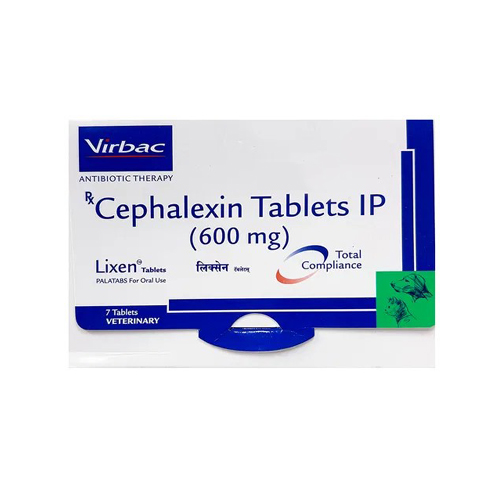
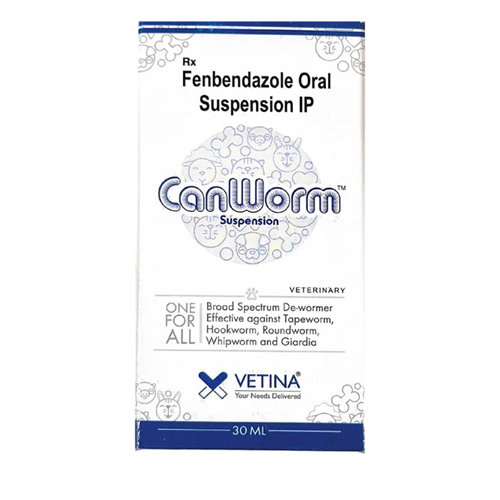



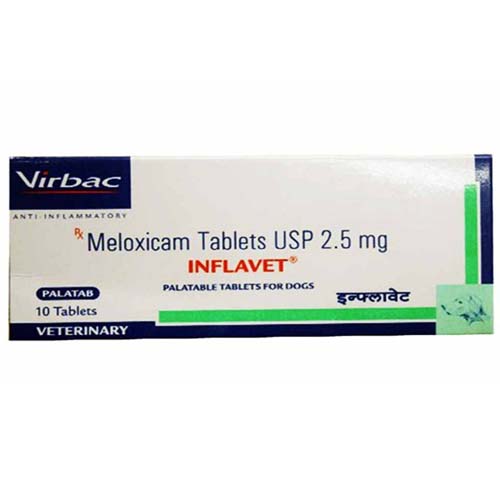
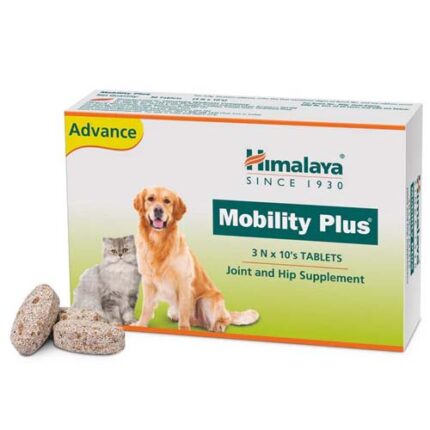
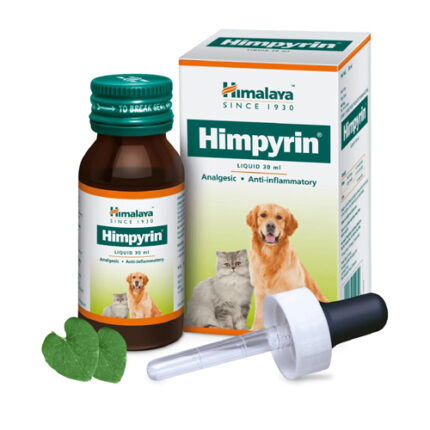
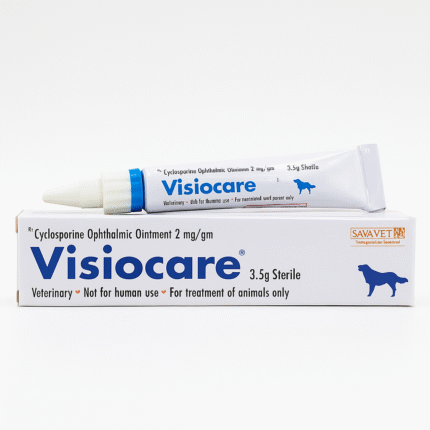


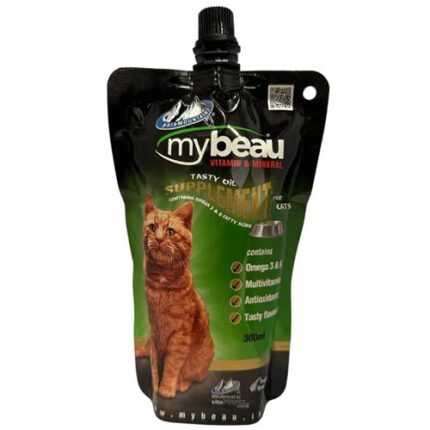


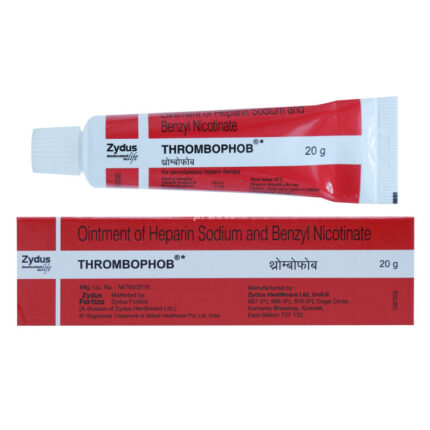
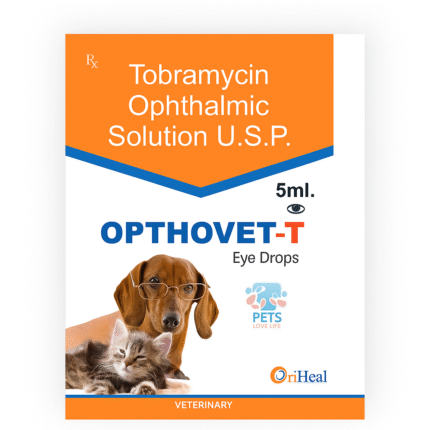
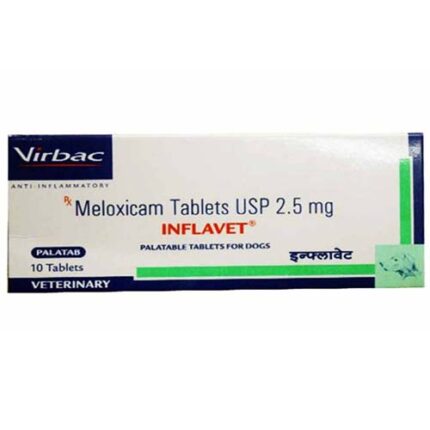
Reviews
There are no reviews yet.